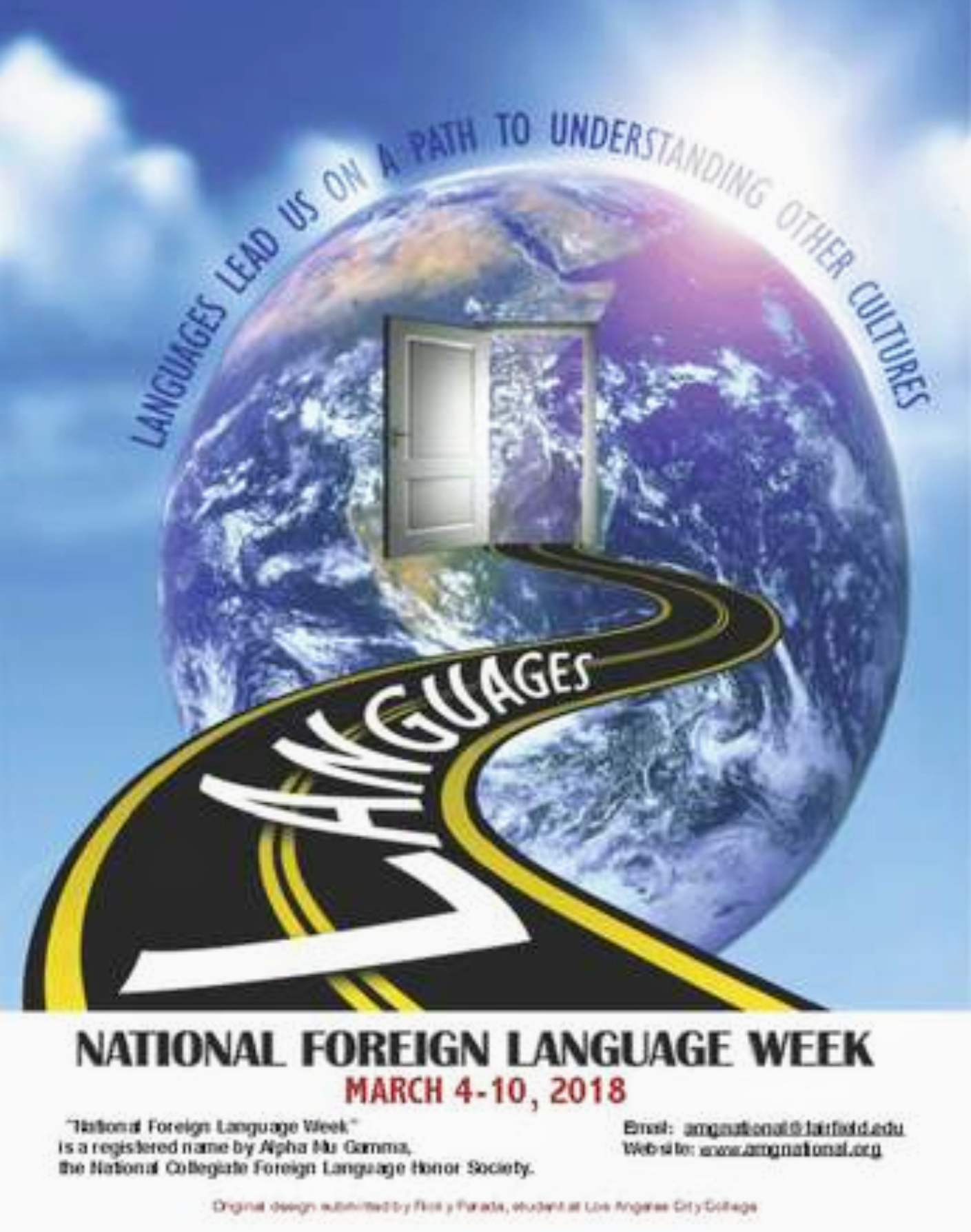Commodity Wars – Best of FLAVA Ideas for Latin Teachers
[caption id="attachment_1446" align="alignleft" width="300"] Benjamin Cory Holec[/caption] In my presentation at FLAVA this year I led participants in playing a large scale strategy game that I have created over several years. The game is similar to Settlers of Catan, Risk, and Monopoly but is much larger...





